Environment
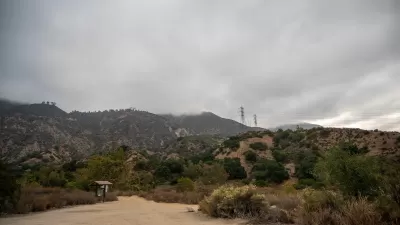
Wildfires Devastate LA Outdoor Education Spaces and Schools
The current Los Angeles wildfires have destroyed schools and outdoor education spaces like Eaton Canyon, displacing families and disrupting vital learning and community resources while highlighting the region’s vulnerability to natural disasters.
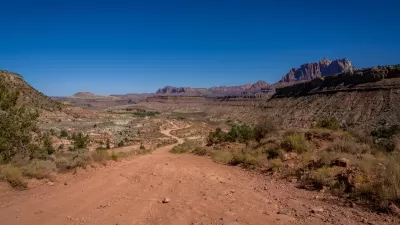
Supreme Court Declines to Hear Utah’s Case Against the BLM
The state wants more local control of public lands not designated as national parks or monuments.

Healing Together: LA County Offers Care Camps for Families Impacted by Fires
Los Angeles County Parks has launched free emergency care camps at four locations to support wildfire-affected youth and families with meals, activities, and emotional well-being resources while parents focus on recovery.
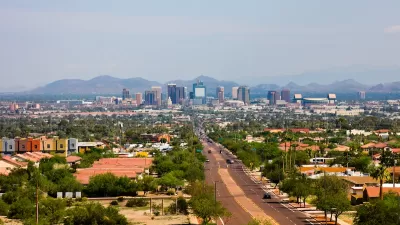
Urban Forest Initiative Launched in Phoenix to Combat Extreme Heat
Arizona State University's $5 million Greater Phoenix Urban Forestry Accelerator aims to combat record-breaking heat, improve shade coverage, and create green job pathways in underserved neighborhoods.

Rebuilding After Disaster: The Role of Social Connections in Resilience
Dr. Lucy Jones emphasizes that resilience in the face of climate-driven disasters like wildfires relies on building strong social connections, which empower communities to recover and adapt to an increasingly challenging future.
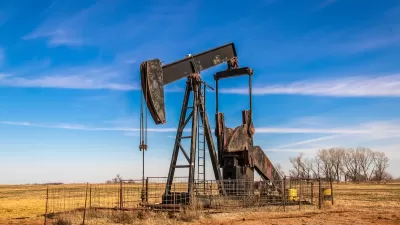
How an Environmental Liability Tax Could Solve the Orphan Well Crisis
An Environmental Liability Tax (ELT) on oil extraction would fund orphaned well cleanup, shift financial responsibility to oil companies, and address the environmental and public health risks posed by abandoned wells.
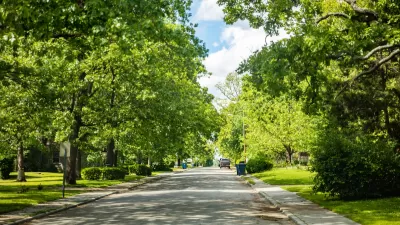
How AI Is Revolutionizing Urban Forestry and Climate Resilience
Tree-D Fusion, an AI-driven tool developed by MIT and Purdue researchers, generates 3D models of urban trees to help city planners visualize future green spaces, address climate challenges, and enhance urban livability and sustainability.
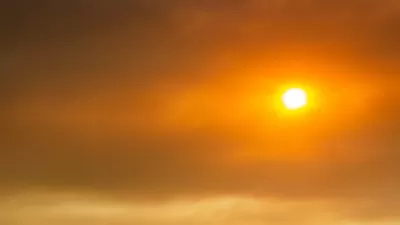
Key Climate and Health Issues to Watch in 2025
The escalating health impacts of climate change, from extreme heat to sea level rise, highlight the urgent need for integrated medical education, proactive communication, and sustainable policy solutions to protect public health.
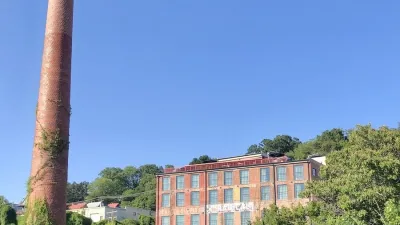
Post-Helene Reflections on Solastalgia and Community
Solastalgia is an increasingly relevant word that refers to the homesickness one feels when still at home, caused by distress due to environmental change in one’s home environment – for example, after a hurricane or wildfire.
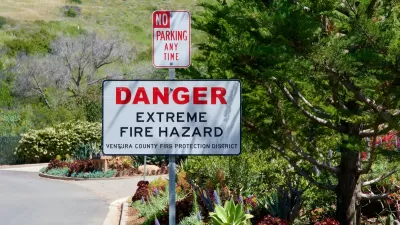
Rising Temperatures and the Escalating Wildfire Crisis
Rising global temperatures driven by climate change are intensifying and prolonging wildfire seasons worldwide, necessitating improved forest management, public awareness, and urgent action to reduce fossil fuel emissions.
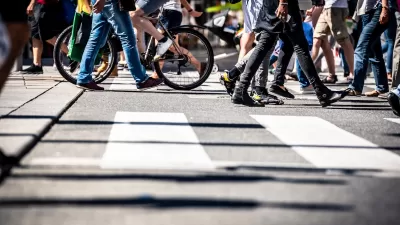
Planning Year in Review 2024: An Ongoing Housing Crisis, the Fight for Climate Resilience, and a Mixed Bag for Transportation
A pedestrian safety crisis, rising housing instability, and destructive extreme weather events set the stage for an eventful year.

St. Petersburg Considering Protective Flood Barriers
The city could install AquaFence barriers around its most important wastewater pumping stations.
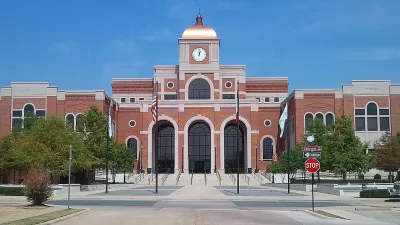
Transforming Communities Through Parks: Lessons from Lewisville
Lewisville, Texas, demonstrates how equitable planning and community-driven efforts can transform underserved areas by enhancing park access and promoting social and recreational equity.

Phoenix Shade Plan Focuses on Bus Stops
The city’s updated Shade Master Plan calls for trees and built structures at bus stops to protect residents from heat.
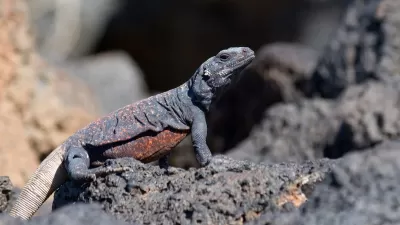
Biden Approves Two New National Monuments in California
The Chuckwalla and Sáttítla National Monuments will protect natural resources and sites of cultural significance for California native tribes.
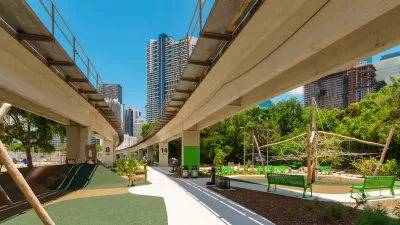
Miami’s Underline Linear Park Offers Recreation, Transportation, Conservation
A 10-mile park that runs under the Miami Metrorail is nearly complete and features bioswales for water conservation and public recreation facilities.
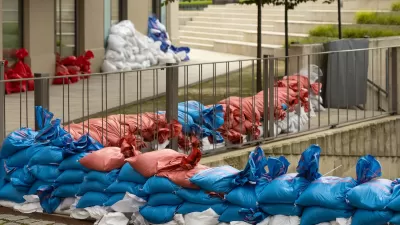
How US Communities Are Building Resilience Against Flooding
Flooding causes over $400 billion in damage in the United States every year.
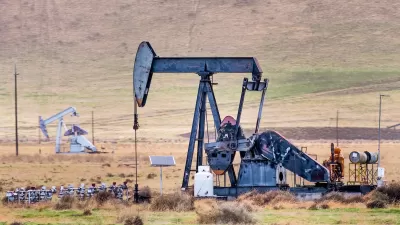
Certified Carbon Credits for Orphan Well Remediation
The Well Done Foundation has launched 778,000 certified carbon credits to fund the plugging of orphaned oil and gas wells, reducing methane emissions while offering businesses and individuals a way to offset their carbon footprints.
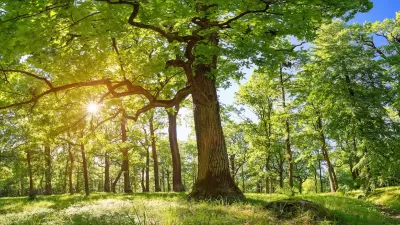
Oak Survival in the Great Lakes: Adapting to a Changing World
Climate change is endangering oaks in the Great Lakes region by increasing their vulnerability to pests, diseases, and extreme weather, threatening their vital ecological role.
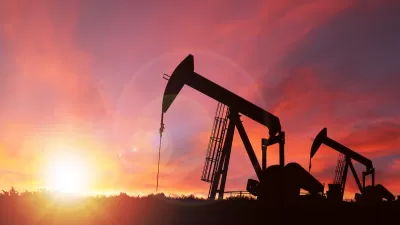
Upcoming Conference Spotlights California's Orphan Wells
The 2025 Orphan & Idle Wells California Conference will address the environmental, economic, and public health challenges of abandoned oil and gas wells, focusing on remediation strategies, regulatory frameworks, and community-centered solutions.
Pagination
Urban Design for Planners 1: Software Tools
This six-course series explores essential urban design concepts using open source software and equips planners with the tools they need to participate fully in the urban design process.
Planning for Universal Design
Learn the tools for implementing Universal Design in planning regulations.
Heyer Gruel & Associates PA
City of Moreno Valley
Institute for Housing and Urban Development Studies (IHS)
City of Grandview
Harvard GSD Executive Education
Salt Lake City
NYU Wagner Graduate School of Public Service
City of Cambridge, Maryland


































